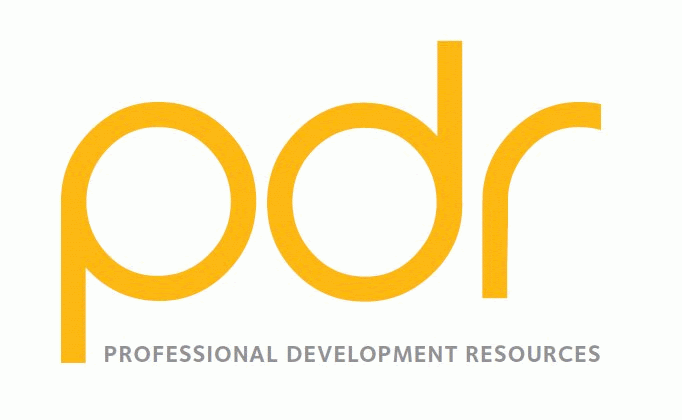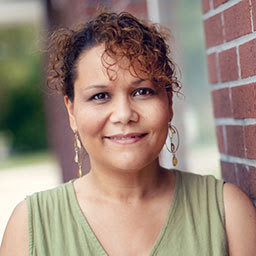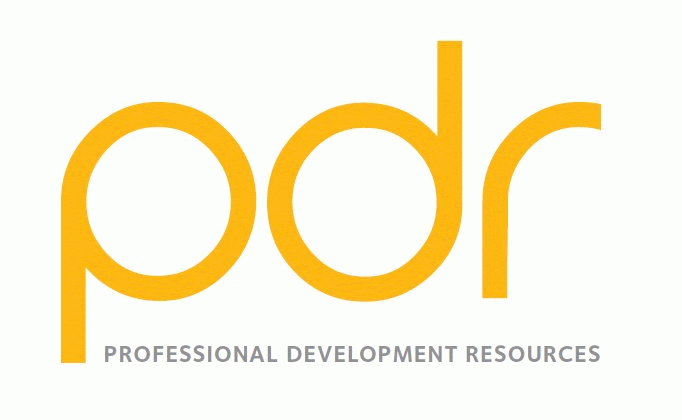Healing the Healer is a new 1-hour online continuing education (CE) course that discusses what a wounded healer is and provides strategies for cultivating emotional well-being.
The goal of this course is to cultivate emotional well-being for anyone who has been on the front lines supporting others. We will examine the four pillars of well-being based on decades of research, and experiment with self-care/compassion strategies to build resilience.
Next, we will learn evidence-based creative self-care strategies proven effective in healing the healer, aligning with the four pillars of well-being. These strategies will be presented to you through description, application, and sharing examples illustrating how each technique may be applied to your own life or to those you work with and support. Links to guided exercises are included whenever possible to provide further enrichment opportunities to explore these self-care techniques. Finally, an ending prompts you to create your own realistic personalized self-care plan. Course #11-49 | 2023 | 23 pages | 10 posttest questions
- CE Credit: 1 Hour
- Target Audience: Psychologists | Counselors | Social Workers | Marriage & Family Therapists (MFTs) | School Psychologists | Teachers
- Learning Level: Introductory
- Course Type: Online
Click here to learn more about Healing the Healer
About the Author:
Catherine Tyink, BSW, MS, NBCT, is a counselor, grief support specialist, National Board-Certified School Counselor, and writer. Catherine serves as a hospice social worker and is the co-author of Grief Reimagined: 50 Creative Strategies to Build Resilience.
Professional Development Resources is approved by the American Psychological Association (APA) to sponsor continuing education for psychologists. Professional Development Resources maintains responsibility for this program and its content. Professional Development Resources is also approved by the National Board of Certified Counselors (NBCC ACEP #5590); the Association of Social Work Boards (ASWB Provider #1046, ACE Program); the Continuing Education Board of the American Speech-Language-Hearing Association (ASHA Provider #AAUM); the American Occupational Therapy Association (AOTA Provider #3159); the Commission on Dietetic Registration (CDR Provider #PR001); the Alabama State Board of Occupational Therapy; the Arizona Board of Occupational Therapy Examiners; the Florida Boards of Social Work, Mental Health Counseling and Marriage and Family Therapy, Psychology and Office of School Psychology, Speech-Language Pathology and Audiology, Dietetics and Nutrition, and Occupational Therapy Practice; the Georgia State Board of Occupational Therapy; the Louisiana State Board of Medical Examiners – Occupational Therapy; the Mississippi MSDoH Bureau of Professional Licensure – Occupational Therapy; the New York State Education Department’s State Board for Psychology as an approved provider of continuing education for licensed psychologists (#PSY-0145), State Board for Mental Health Practitioners as an approved provider of continuing education for licensed mental health counselors (#MHC-0135) and marriage and family therapists (#MFT-0100), and the State Board for Social Workers an approved provider of continuing education for licensed social workers (#SW-0664); the Ohio Counselor, Social Worker and MFT Board (#RCST100501) and Speech and Hearing Professionals Board; the South Carolina Board of Examiners for Licensure of Professional Counselors and Therapists (#193), Examiners in Psychology, Social Worker Examiners, Occupational Therapy, and Examiners in Speech-Language Pathology and Audiology; the Tennessee Board of Occupational Therapy; the Texas Board of Examiners of Marriage and Family Therapists (#114) and State Board of Social Worker Examiners (#5678); the West Virginia Board of Social Work; the Wyoming Board of Psychology; and is CE Broker compliant (#50-1635 – all courses are reported within a few days of completion).
Enjoy 20% off all online continuing education (CE/CEU) courses @pdresources.org! Click here for details.




 The violence that women in disadvantaged neighborhoods experience and witness can result in post-traumatic stress disorder (PTSD) symptoms and full diagnoses, according to a new study that examined a disadvantaged Chicago neighborhood.
The violence that women in disadvantaged neighborhoods experience and witness can result in post-traumatic stress disorder (PTSD) symptoms and full diagnoses, according to a new study that examined a disadvantaged Chicago neighborhood.

























